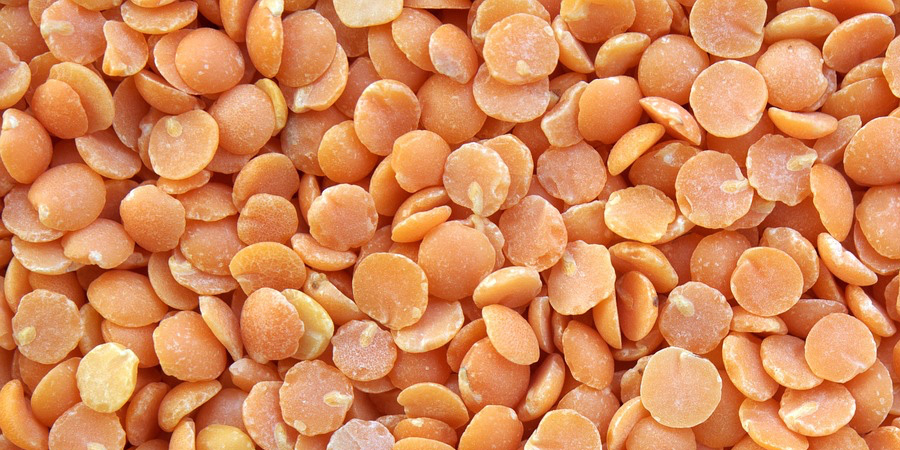The president of the Confederation of Economic Associations of Mozambique (CTA) last week called for the intervention of the President of the Republic to remove obstacles to the export of pigeon peas, related to the issuance of phytosanitary certificates.
For months, businesspeople have been complaining about barriers to exporting pigeon peas to India, with CTA president Agostinho Vuma now warning that exports of agricultural products could fall by 20% this year.
Vuma, who was speaking at the opening of the CTA’s quarterly Economic Briefing, said that the trade in pigeon peas also suffers from export quotas, which can cause warehouses to be left full of product, and accumulating losses.
The CTA also points out that blocking the export of pigeon peas harms in particular family farmers and intermediaries in the purchase and sale of the product.
Vuma also cautioned that the blockade could harm the export of cashew nuts, given that the warehouses which store cashew before export are the same as those used for pigeon peas.
“We call for this problem to be resolved,” Vuma said.
The CTA also has a problem with the introduction of the Conformity Assessment Certificate fee for imported products, through Intertek, which is creating additional costs for business people.
“The Conformity Assessment Certificate fee is often a type of parallel customs tariff. We ask that the government takes a careful look at this issue,” said Vuma.
As for the Business Robustness Index, the CTA concludes that the increase of only one percentage point, from 28% to 29%, is a reflection of the constraints that the economy and companies are facing as a result of the adverse international and domestic situation.
